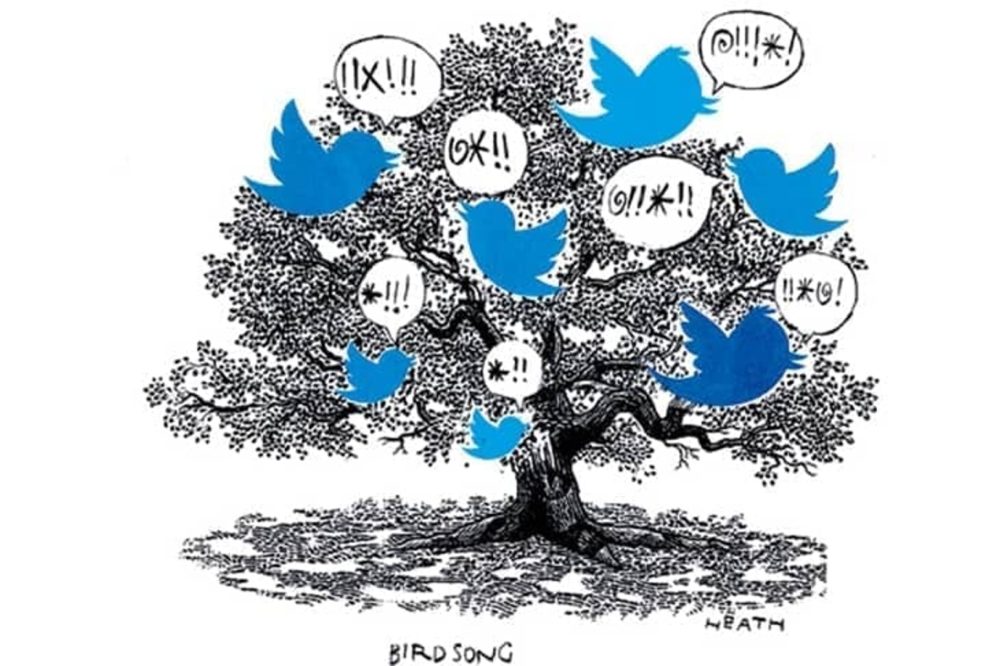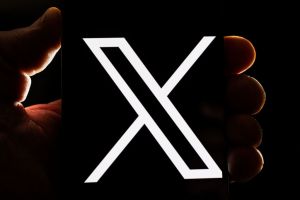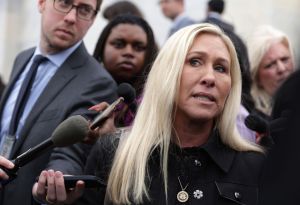Last weekend I flew down to Miami to escape New York for a few days. I had to fly Spirit, because I have an undiagnosed condition that makes it impossible for me to buy flights at a sensible time in advance. The experience went as you would expect: I traveled through Spirit’s Potemkin terminal at LaGuardia, paid $90 for the privilege of a carry-on and spent the three-hour trip sandwiched in the back of a dinky airplane staring at a wing with “HOWDY” ominously painted across it.
The Spirit Airlines business model — to provide a service for the bulk of your customers that is noticeably worse than what they are accustomed to in the hopes some people pay more to get the experience they’re more familiar with — is apparently Elon Musk’s vision for Twitter.
Musk has carried out a series of major changes to Twitter policy in recent weeks, most notably rolling out paid verification and pledging to strip the hundreds of thousands of verified accounts who do not pay for their coveted “blue checks.” That update was supposed to go into effect April 1, but the rollout has been stalled, amid the obvious problems that go along with making identity verification something you can simply buy.
In the days since, Musk has targeted several news outlets that announced they would not pay the ransom, including the New York Times, the news giant he stripped of a blue check in an apparent spasm of pettiness. Musk slapped NPR with a label typically reserved for Russian and Chinese propaganda outlets because he read a nasty tweet about the independent US news outlet.
On Friday, Twitter quietly declared war on Substack. Links to the newsletter service were marked “unsafe,” engagement on Substack links was blocked — and you can’t embed tweets into Substack stories. The broadside came in response to the newsletter platform rolling out “Notes,” a new feature that sounds a lot like Twitter.
Musk’s war on Substack is a foolish one. Not only do his actions limit user experience on Twitter, they also fly in the face of his commitment to make his platform the internet town square. What’s more, Substack’s top writers happen to share with Musk a deep skepticism of the mainstream media, a sensibility that makes those users the most prominent supporters of new Twitter. Treating them like hostile competition is the surest way to accelerate the decline of the platform Musk sunk far too much money into.
Musk’s ideological bedfellows have already started revolting. Matt Taibbi, the journalist he picked to be the primary disseminator of the “Twitter Files,” said Friday he was leaving Twitter until it reversed course on Substack, where Taibbi makes his money. Taibbi said an unnamed source told him that Twitter began blocking Substack because the platform “is upset about the new Substack Notes feature, which they see as a hostile rival.”
What Musk doesn’t understand about Twitter is that all of these punitive measures do more to hurt his struggling platform than the news outlets he’s trying to browbeat into submission. The New York Times, which derives a tiny sliver of its traffic from Twitter, is one of the most muscular newsrooms in the world. It will continue to be the New York Times, whether or not Musk deems it a “Twitter Blue” subscriber.
Throttling Substack may do some harm to the newsletter platform, whose top creators flog their wares primarily on Twitter. But it will harm Twitter more, as showcased by Taibbi, once the general of Musk’s Praetorian Guard, hastily fleeing.
I did not go to Wharton like Musk, but I’m confident in stating that actively repelling the most prominent champions of your social media platform is not good for said social media platform.
All of this was foreseeable. In fact, many of Musk’s critics have loudly crowed that the billionaire would run Twitter into the ground from the start. They were wrong about it crashing in the short term, but may be proven correct over time.
Musk has continued to demonstrate a fundamental misunderstanding of the value of the company for which he paid $44 billion. When he first bought Twitter, he excitedly promised to increase load speed. I’m not a techie, just a normie user, but I have never found the problem with Twitter to be its speed. I doubt I’m alone.
Musk pledged to turn Twitter into a free speech orgy, explaining the speech rules of the platform should match the law. It’s a free speech policy conceived by someone who has no understanding of how not-free speech actually is throughout much of the world. (“Musk as a free-speech absolutist” was always hard to believe given his eager deference to China and India.)
Until this week, many of Musk’s more misguided Twitter tweaks have been, for his fans, tolerable annoyances. Chaotic amusements. They inspired meltdowns among his critics, but the core user sympathetic to Musk has been happy to shrug them off. His broadside against Substack, however, could be a watershed moment.
Conservatives who cheered his takeover of Twitter — I’m talking about the smart power users here, not the parched weirdos who would trade both kidneys for a laughing emoji reply from the “Chief Twit” — have begun to realize Musk might not have any idea what he’s doing. The previous regime had its biases, no doubt. The censorship of the New York Post’s Hunter Biden story remains a bad case of panicked and reflexive deference to the liberal establishment that dominates Twitter’s user base and its prior staff. But at least Twitter was operational, and did not run on the whims of a vindictive child with little understanding of the platform’s entire value proposition.
Now, even Musk’s boosters are urging him to reverse course. He should listen to them, lest Twitter’s engagement ends up deader than a pedestrian in the vicinity of a self-driving Tesla.


















